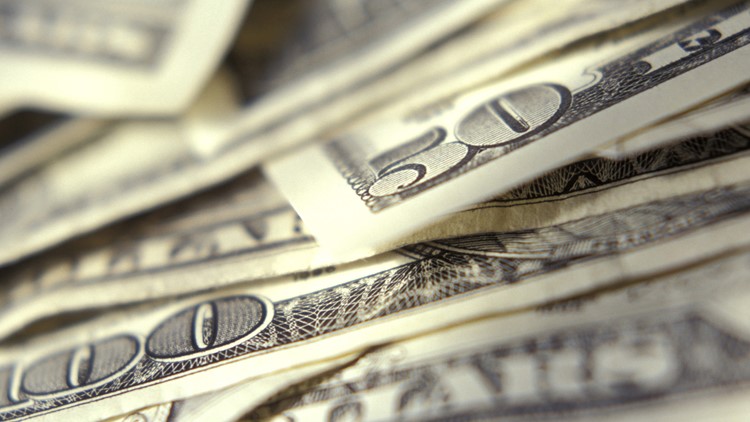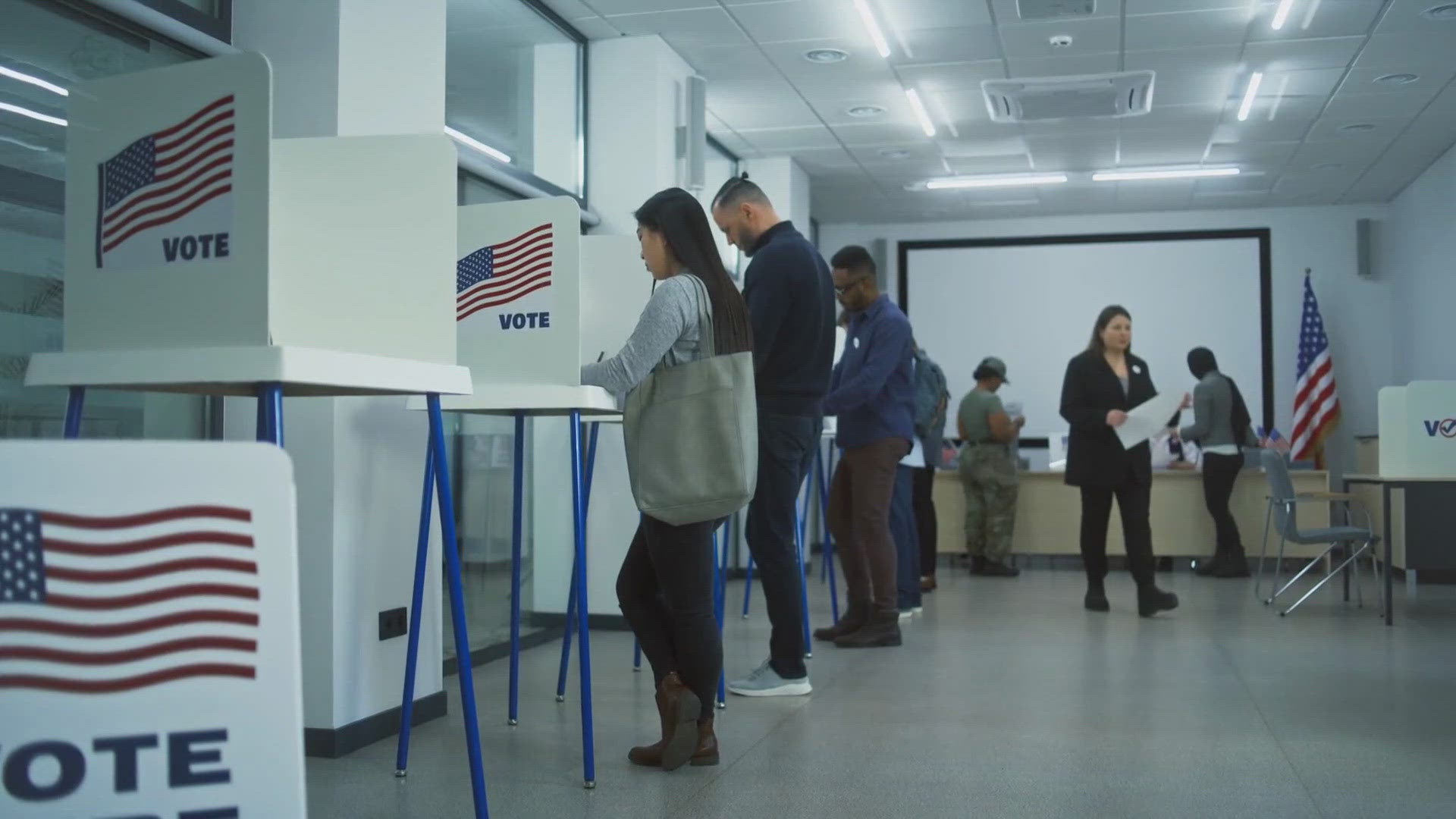BATON ROUGE, La. (AP) — Treasurer John Schroder said he won't let Louisiana spend $25 million from the state's unclaimed property account for general operating expenses this year, calling the regularly used financing mechanism illegal.
The decision threatens to create a hole in the state budget only a month after lawmakers finished crafting it.
Louisiana collects unclaimed dollars from old savings accounts, payroll checks, stocks and dividends, insurance proceeds, oil royalty payments and utility deposits on behalf of residents who are owed the cash. The treasurer's office, designated as the custodian of the unclaimed property, tries to locate people and return the money.
Though governors and lawmakers for decades have spent money from the unclaimed property escrow account on programs and services, Schroder said he and his office's lawyers don't believe Louisiana law permits the transfers.
He intends to stop them this year, even as Gov. John Bel Edwards and lawmakers anticipated spending the dollars in the $30 billion state operating budget.
"I'm not giving it to them. If they want it, they're going to have to drag me into court," Schroder, a Republican in office since December 2017, said in an interview. "The state never should have spent the money."
The treasurer's decision is raising objections from Edwards, a Democrat who disagrees with Schroder's legal position.
"The budget bill recently passed by the Legislature and signed into law by the governor appropriates that money for critical needs throughout the state," Edwards spokeswoman Christina Stephens said in a statement.
Asked whether the governor would take the treasurer to court over the transfer, Stephens replied: "We certainly hope it doesn't come to that."
Louisiana has spent about $25 million to $50 million from the unclaimed property account annually for years, with $15 million shaved off since 2008 to pay Interstate 49 projects and the remaining dollars poured into the general fund to pay for a variety of programs. The I-49 spending is spelled out in state law, and Schroder said he won't disrupt those transfers.
Beyond arguing the general fund transfer isn't legal, Schroder said the unclaimed property fund has a dwindling balance because technological advancements have helped find people who are owed cash.
Under a 2018 law, the state revenue department shared its address database with the treasury to help locate people. That cross-referencing boosted the number of unclaimed property checks heading out treasury's door. While 45,000 checks were sent in the 2017-18 financial year, nearly 204,000 checks went out in the latest year.
"We're just doing a much better job of finding people," Schroder said.
New unclaimed property collections used to offer a buffer, ensuring enough money was coming in to cover the payouts. That's not always the case today. Schroder said the account temporarily ran out of cash in September, forcing his office to wait 120 days to send checks to people claiming their property.
"When they come to get the money, we should have it to give to them," he said.
The account currently contains $11 million, according to the treasury.
Rather than spend the money on government operations, Schroder wanted lawmakers to use unclaimed property dollars to create a revolving loan fund to help municipalities finance infrastructure projects. The money would be invested and only the investment earnings would have been available for loans.
The House backed the legislation, sponsored by Republican House Speaker Taylor Barras. But the idea stalled in the Senate Finance Committee amid opposition from Edwards.
Stephens said the proposal would have expanded government and "lacked accountability for and transparency of the loan approval process." She said other programs exist to help local governments with construction projects.
Schroder called it politics, saying the administration didn't want "to give me a win." He intends to return to the Legislature with the idea next year.
The treasurer raised concerns about using the money for state operating expenses in the Finance Committee. Senators worried about the impact on services by diverting the dollars, but several also said they weren't aware of how the dollars had been used.
The final budget proposal that included spending the $25 million in unclaimed property money sailed through the House and Senate with near-unanimous support.



